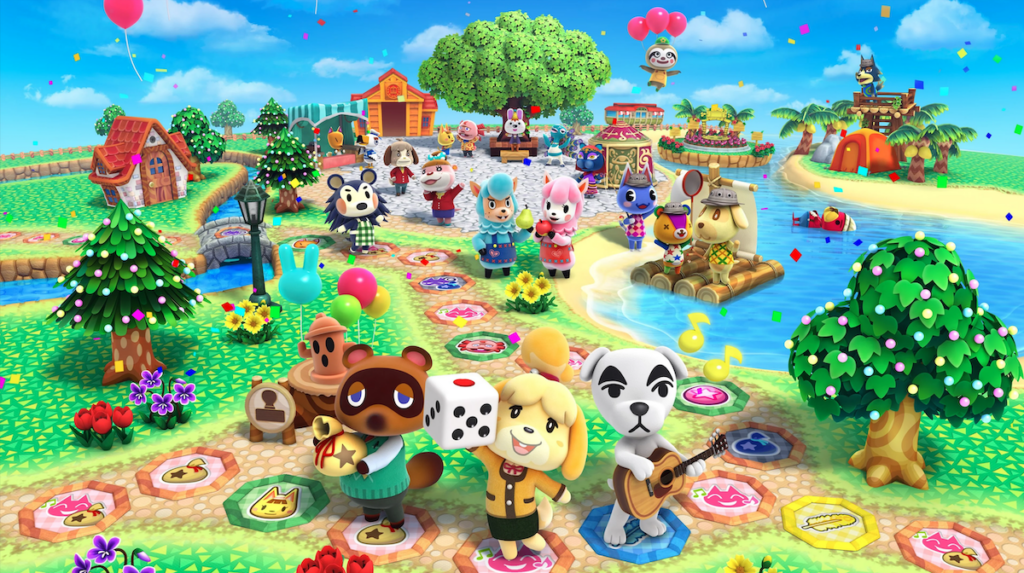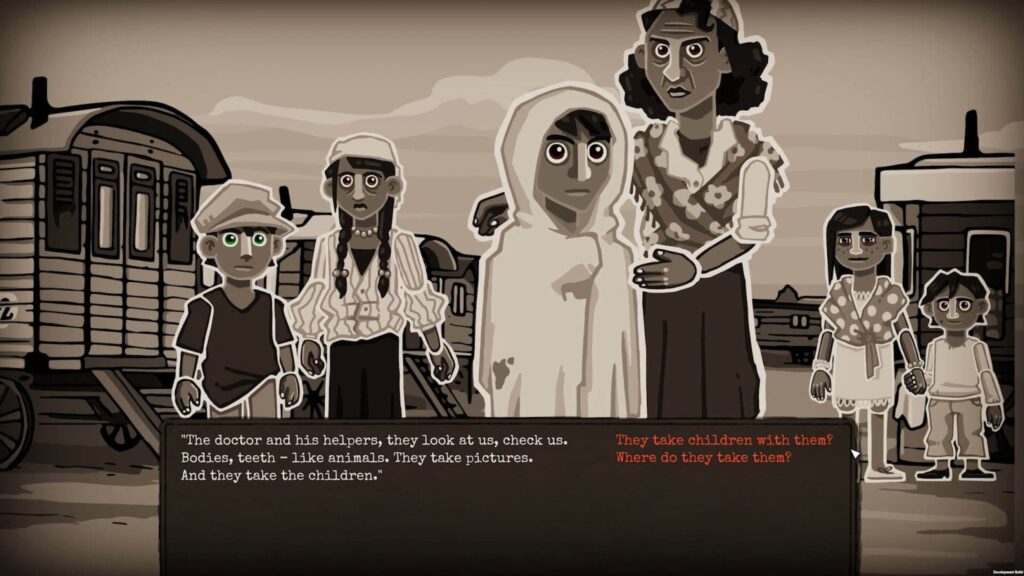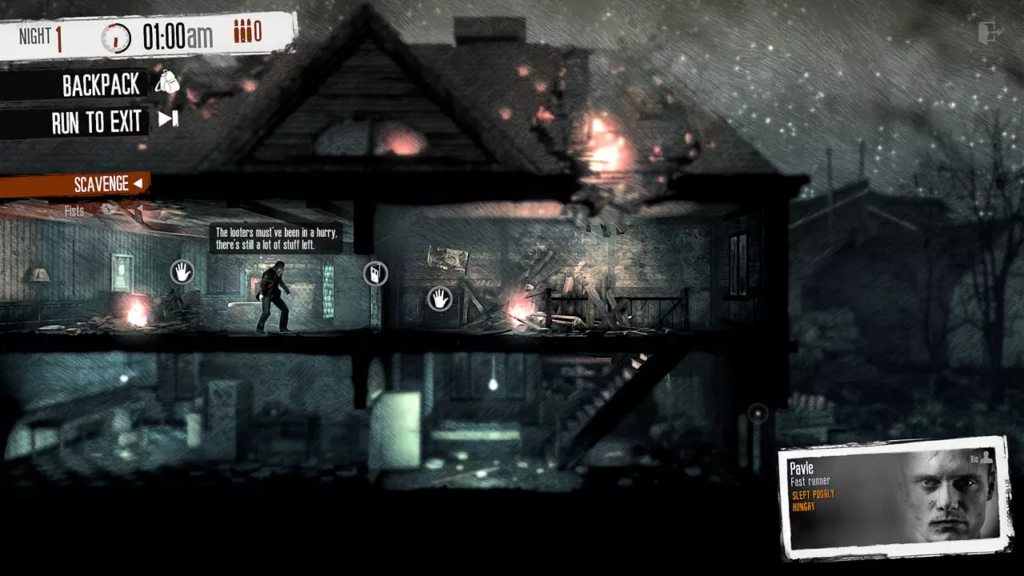Ata Sergey Nowak, co-founder of Torpor Games, delves into the rise of cozy games and their growing appeal in an increasingly chaotic world. Are players seeking escape—or even sedation—from the harsh realities of everyday life? And are game developers fuelling this need by creating an endless machine of distraction?
A fascinating shift has emerged within the gaming industry: the rise of “cozy games.” These experiences eschew traditional challenges in favor of peaceful environments where players can relax and purely enjoy a digital experience. The genre has naturally grown into a major market segment, encompassing everything from farming simulators like Stardew Valley to the meditative organizing of Unpacking, the gentle island life of Animal Crossing, the castle and farm building games, and the creative sandbox freedom of Minecraft. This dramatic shift toward digital comfort raises important questions about the evolving relationship between much needed entertainment and societal well-being.
The growth of cozy games raises foundational questions about entertainment’s purpose. Throughout history, from storytellers to digital worlds, we’ve sought escape from daily life. Entertainment acts as both mirror and window, reflecting our inner needs while showing us different possibilities. Jean Baudrillard, in ‘Simulation and Simulacra’, explored how digital spaces let us enter worlds free from “contradictions, negativity, or events.” He noted that “We live in a world where there is more and more information, and less and less meaning” – an insight into how our digital retreats might reduce our ability to engage with deeper issues.

At Torpor Games, we’ve designed games as tools for reflection, bringing political, socio-economic, and ethical questions into focus. By presenting players with meaningful but difficult choices, we aim to encourage both personal growth and social awareness. Yet, as stress-free entertainment becomes more popular, I wonder if this shift reveals a collective retreat from an increasingly divided reality. Yet, there is a reason for everything.
Moments of Peace
The timing isn’t random. As political tensions grow, conflicts become more common, and people feel increasingly powerless – a deep flaw in our societies – these digital sanctuaries offer a sense of control and peace that’s hard to find in today’s world. In an era of unprecedented global challenges, economic uncertainty, and social upheaval, who can fault anyone for seeking moments of peace in digital gardens? We are all human and we deserve peace and happiness. The rising popularity of cozy games reflects not just an escape from reality, but a fundamental human need for safety and control in increasingly precarious times. Modern society is dissociating from its relationship to governance and ownership, and this disconnect stems from systemic and traditional socio-economic and political issues.

Our virtual harvests might represent the last predictable cause and effect in an increasingly chaotic reality. This comfort-giving role might be essential to entertainment’s purpose. Picasso’s idea that “Art is a lie that makes us realize truth” resonates somewhat in a contrarian sense – these cozy spaces reveal our deep need for rest and simplicity. Given the accelerating pace and increasing pressures of modern life, it’s only natural that this type of gameplay should be on the rise. However, art should do more than comfort; it should wake us up and challenge our views. When art stops making us think and feel deeply, doesn’t it risk becoming just a sophisticated form of societal sedation?
Spaces for Refuge
As developers, we’re part of this dynamic, creating safe spaces for refuge. While both comforting and challenging experiences have their place in our complex world, the current landscape is heavily skewed toward sedating entertainment. For every game that prompts critical thinking or social awareness, dozens offer pure escape or fantasy. While more engaging experiences might ultimately prove more fulfilling than the steady drip of digital comfort, we must approach this phenomenon with empathy. Yet this imbalance raises valid concerns about our collective ability to engage with real-world issues.

Consider your own entertainment choices: how many have truly changed your perspective versus simply helping you forget? I come to think of Tokyo’s bright neon landscape, which I recently visited for the Tokyo Games Show – beneath its dazzling entertainment lies a society struggling with exhaustion and unfulfilled dreams. Like many societies around the world, people are under constant oppressive pressure to be productive, to deliver. As Aldous Huxley warned in ‘Brave New World’, “People will come to love their oppression, to adore the technologies that undo their capacities to think.”
Machine of Distraction
In that quiet moment when reality’s weight becomes clear, we face a choice: to push for change or retreat from it. Perhaps we’re building an endless machine of distraction, ensuring nobody stops long enough to question things. Are we creating a world of constant light and movement – a perfect entertainment loop that masks how little control we really have?
Suzerain and its first DLC Kingdom of Rizia by Torpor Games are out now on Steam.

